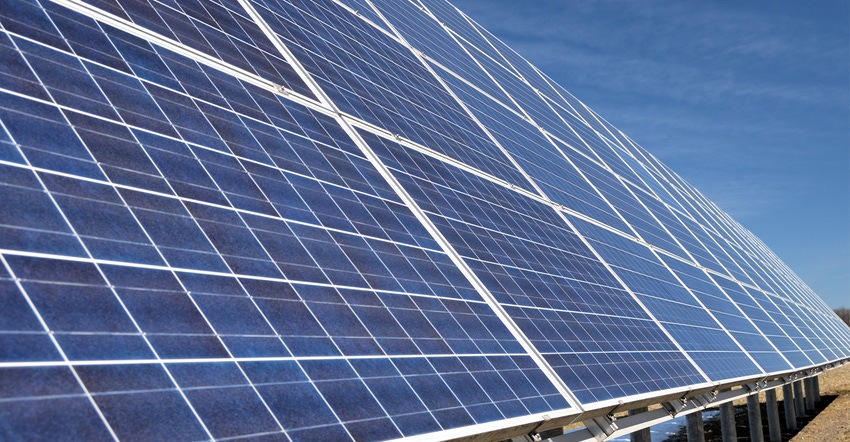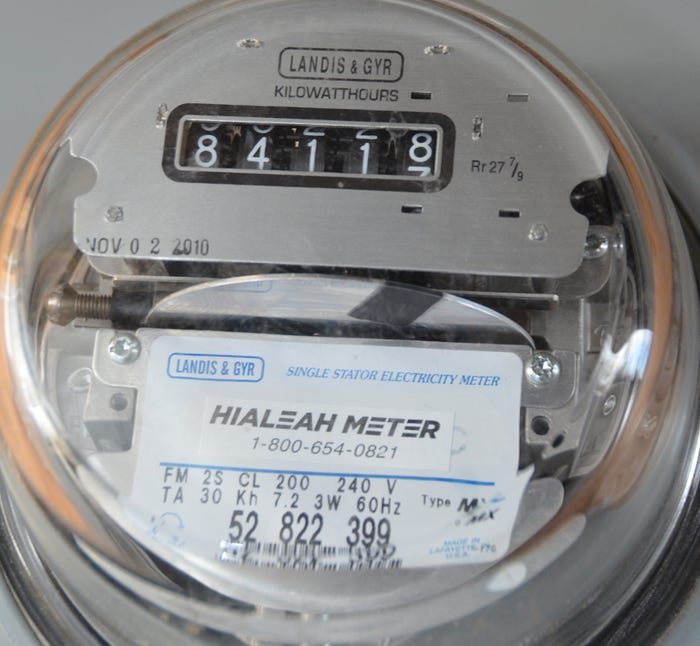
When the power goes out, you crank up that older tractor, hook up your PTO-powered generator and plug in your house or barn. But what if you could totally unhook your home, maybe your farm, from the utility grid?
It’s time to seriously consider plugging at least your home into a solar photovoltaic system, suggests Ed Johnstonbaugh, Extension educator for Penn State University. Then you can use your utility’s electrical power on an “as needed” basis.
Depending on your local utility rates, “the cost of installing and owning a grid-connected PV system may be at ��‘parity’ — or even below,” he adds. Parity means the cost of buying electricity from the utility is equal to the PV investment over the time you’re paying for it. Once the investment has been paid off through avoided purchases from the utility plus the sale of renewable energy credits, your system provides electricity — fueled by free-of-charge sunlight.
Based on U.S. Department of Energy cost analyses, solar electricity costs for residential use have dropped from more than 18 cents per kilowatt-hour in 2009 to just under 6 cents in 2017, he says. That assumes a 30-year life expectancy. His local electricity rate was 11 cents per kWh.

CONTROL SPIN-SPEED: If it’s metering utility electrical usage, solar PV can slow it substantially; If metering harnesses sun energy, your electric savings will spin faster.

Most solar panels are guaranteed for 25 years, so 30 years isn’t out of the ballpark. The loan paybacks can be in as little as five years.
Learn more crucial details about installing photovoltaics on Scott Clewell’s Potts Grove, Pa., home and farm by reading “Where solar payback comes from.” Johnstonbaugh helped Clewell plan systems for his home and farm.
Tech and rate changes happening
As the number of “full load” customers decline, the burden of keeping the lights on for everyone else will fall on an ever-smaller customer pool. That’s one reason utility companies have begun installing smart meters, notes Johnstonbaugh.
That enables basing rates on kilowatt-hours used, and on rates that vary for when they’re used. It also may fuel extra incentives for taking part of your electrical needs off-grid with solar.
Solar power has to be stored in batteries, then converted from direct current to alternating current. Growth of the solar PV industry has spurred research and development of storage systems. One cutting-edge system, contends Johnstonbaugh, is Tesla’s ground-breaking Powerwall.
Check out Penton Ag’s 2015 story on this electrical storage system at “Power up a Tesla and flip off the grid.” Today’s Powerwall has substantially larger capacity. Learn more about it and other systems at storage batteries.
About the Author(s)
You May Also Like




